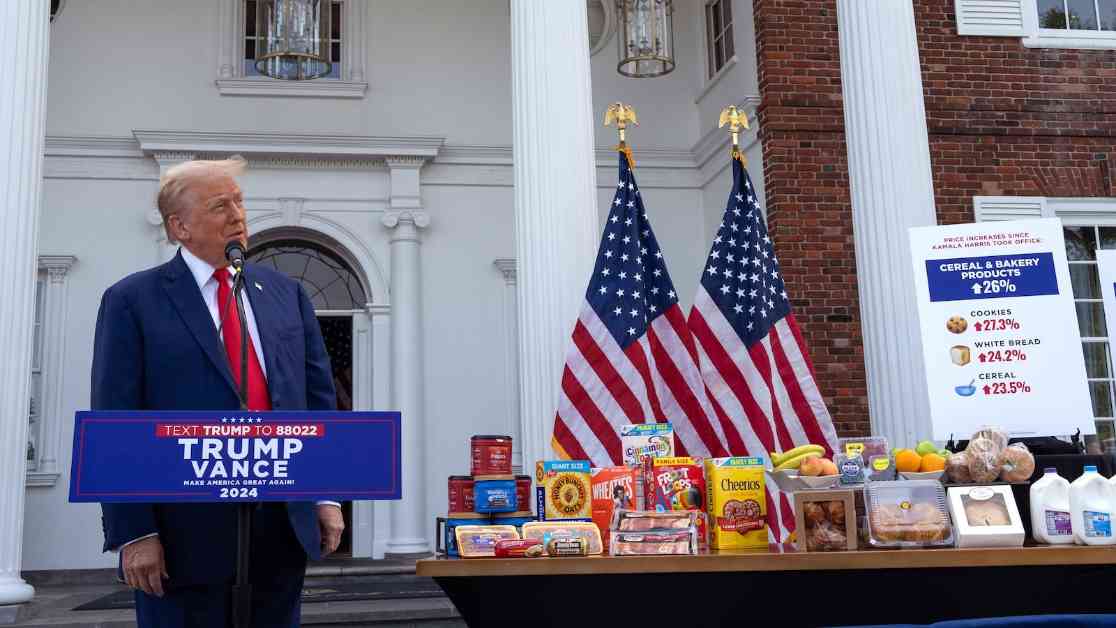Trump Faces Challenges in Fulfilling Campaign Promise
President-elect Donald Trump, known for his bold promises during the 2024 election campaign, is now facing challenges in delivering on one of his key pledges—lowering grocery prices for American families. In an interview with Time after being named the magazine’s “Person of the Year,” Trump acknowledged the difficulty of this task, describing it as “very hard.”
Roots of the Issue
During his campaign, Trump emphasized the importance of reducing grocery costs, claiming victory on this front in his electoral success. He attributed his win to addressing issues such as immigration and the economy, particularly the rising prices of everyday essentials like apples, bacon, and eggs. However, as he transitions into the presidency, Trump is finding that fulfilling this promise is more complex than anticipated.
Economic Landscape and Public Sentiment
Exit polls following the election revealed widespread dissatisfaction with the state of the economy, with inflation soaring to over 9% under the Biden-Harris administration, marking a 40-year high. The negative economic sentiment among voters played a significant role in propelling Trump to victory, reflecting growing concerns about the financial well-being of American households.
Path Forward and Potential Pitfalls
Trump’s strategy for tackling high grocery prices involves boosting energy production and addressing supply chain issues. While he remains optimistic about the potential for lower prices through these measures, economists have raised concerns about the impact of tariffs on imported goods. Trump’s proposal to impose high tariffs on countries like China, Mexico, and Canada could have unintended consequences for American consumers, potentially leading to increased costs for essential goods.
As the new administration grapples with these economic challenges, the road to achieving more affordable groceries for Americans remains uncertain. Trump’s vision for a thriving economy hinges on a delicate balance of policy decisions and external factors, leaving many to wonder how his presidency will ultimately shape the financial landscape for American families.


